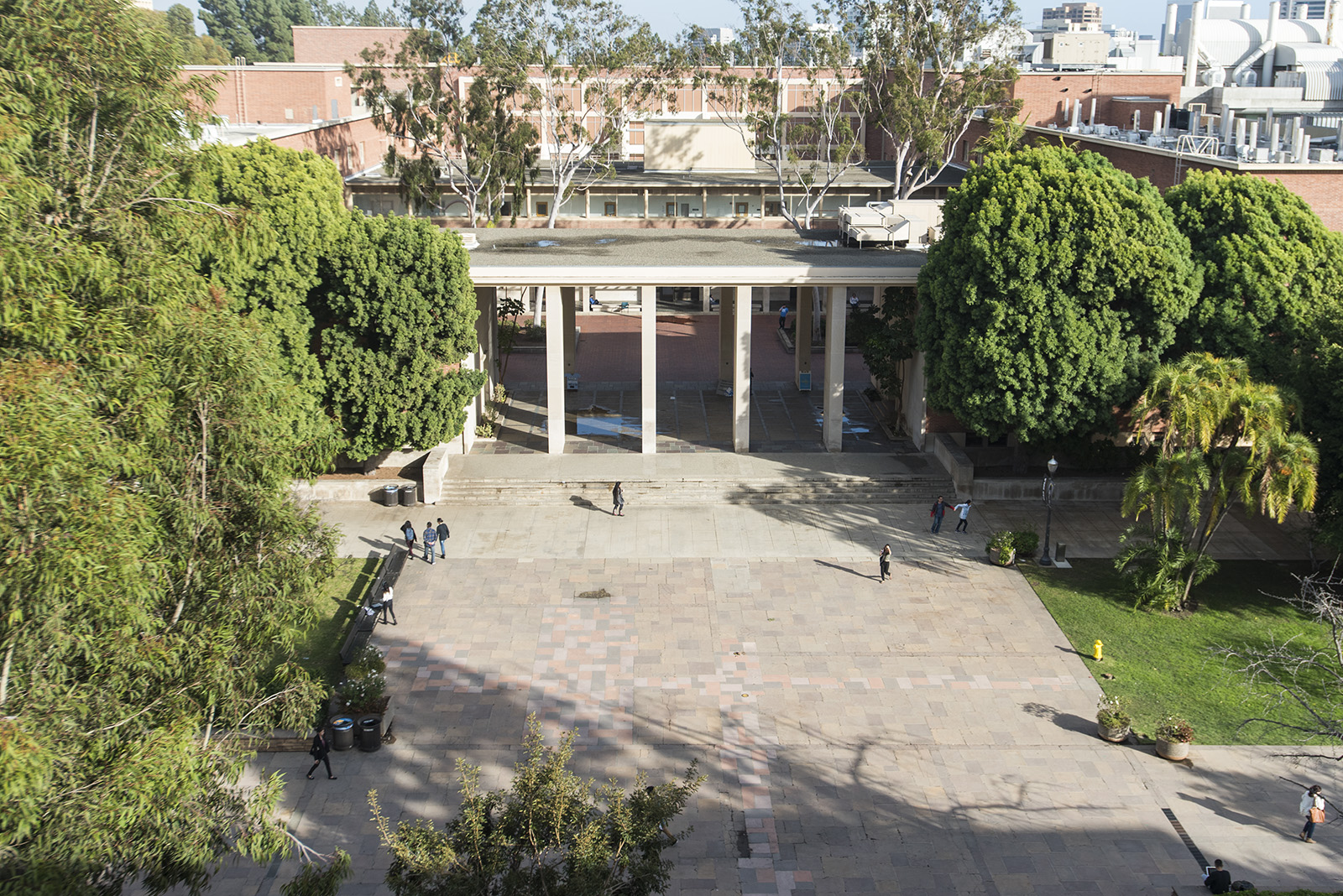Science Policy Group at UCLA offers avenue for research-based advocacy

The Science Policy Group at UCLA held a kickoff event in June which saw around 25 attendees. (Daily Bruin file photo)
By Simran Vatsa
July 2, 2017 10:57 p.m.
Current and former UCLA doctoral students founded a group to advocate for more scientific input in public policy.
The Science Policy Group at UCLA, created in May, held a kickoff event last month that saw around 25 attendees, said Jennifer Tribble, co-founder of the group and a doctoral student in neuroscience.
“We want to make sure the government is using research in its policymaking,” said Catharine Krebs, doctoral student in human genetics and co-founder of the group. “Academia exists for a reason.”
Tribble said she thinks researchers should give back to society because a lot of research is funded by taxpayers.
“(Science policy) is about letting policymakers know, based on fact, what issues that should be addressed are,” said Maria Lazaro, postdoctoral scholar in neuroscience and another of the group’s co-founders.
Tribble added she thinks the group is relevant because many science policy issues, such as health care and the environment, are being debated nationally.
“(Previously), there wasn’t really a hub for students (at UCLA) who were interested in a career in science policy or just advocacy in general to come together,” Tribble said.
The group’s primary objectives are to provide professional development opportunities to students and scientists, inform the public about science policy and create a space for students to advocate for specific issues, Tribble said.
She added she wants the issues the group discusses and advocates for to come from its member base.
“We want to encourage our members to be very proactive,” Lazaro said. “If we want to, as a group, advocate for something, we have to rely on a democratic system (to decide what it will be).”
The group plans to get the general public involved in science and science policy by building up its social media presence and providing more extensive information on its website, Tribble said.
The group also plans to write op-eds and policy briefs on its blog and in newspapers and science policy journals to articulate its views on science policy, Krebs added.
“The group is looking at any way it can increase its impact,” Tribble said.
Possible events the group hopes to hold include speaker series, lobbying trips to Sacramento and symposiums in conjunction with science policy groups at UC Irvine and UC Riverside, Tribble said.
The group has already begun collaborating with science policy groups in other universities – it hosted a joint happy hour with USC’s science policy group on June 22 for a discussion on refugees, stress, sanctuary cities and mental health, Tribble said.
“We talked about what we want to do, what our goals should be, what science’s goals should be and what we should advocate for,” she added.
Tribble said the group also hopes to work with outside organizations, such as 314 Action, a nationwide political action committee that aims to increase communication between the scientific community, elected officials and the public.
“All of us working together, talking about these topics, making informed decisions – that’s what’s exciting,” Lazaro said.


